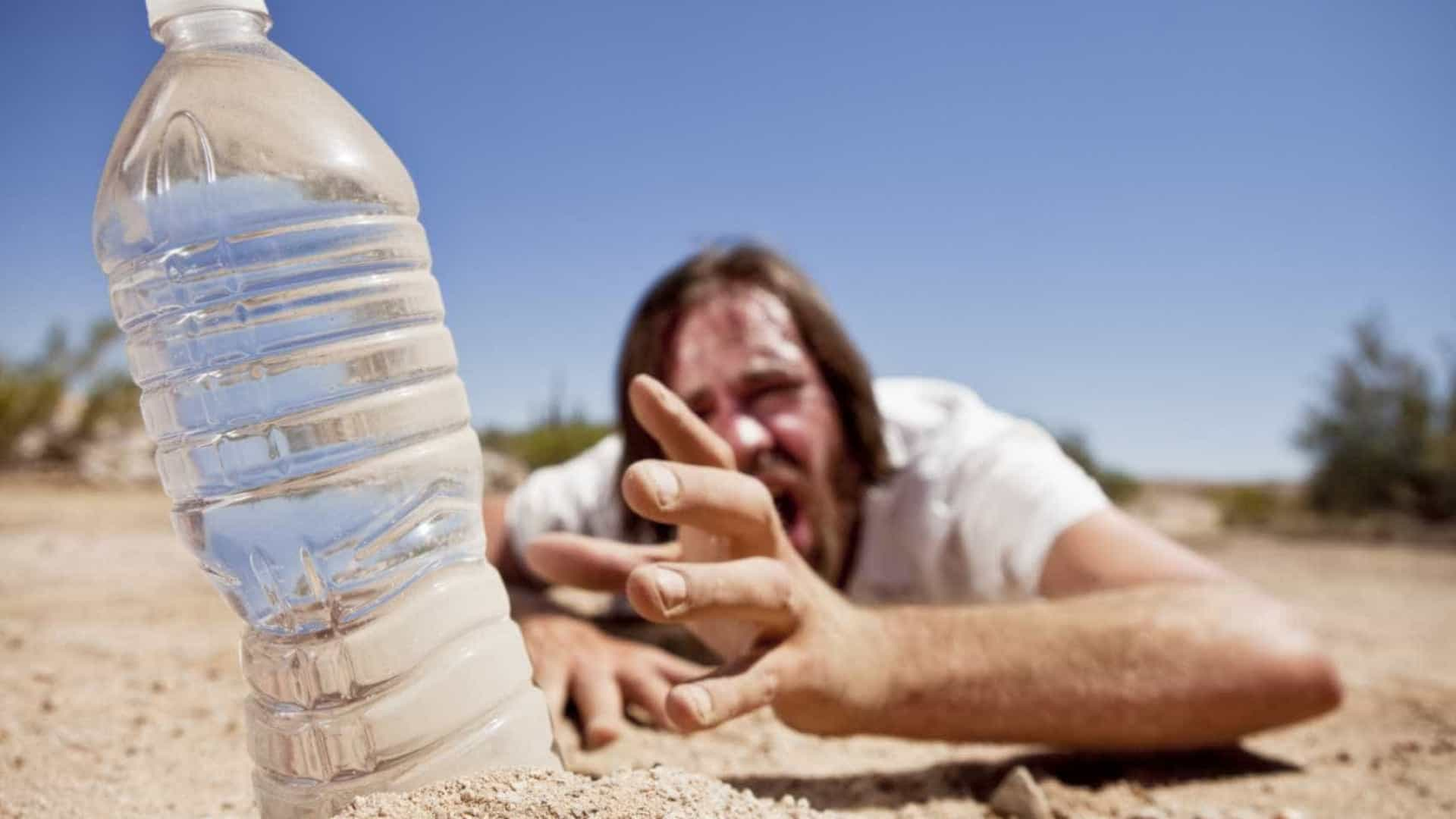Dehydration is caused by the loss of fluid from the body. Many people have experienced this problem and some of them are included in the risk group.
Have you ever felt your mouth very dry, or very thirsty during the day? Be careful, could it be dehydration? In other words, the effect resulting from excessive fluid loss in the body.
Some signals are transmitted by the body when this happens, so we must be aware of what they are. Whether resulting from a day at the beach, or during the day at work on the street, or even at home, the symptoms are clear, as you will have the opportunity to see.
It’s no wonder that water is a source of life. This precious liquid is responsible for 70% of our body weight and performs several functions. One of them is the balance of heat through sweat, or the cleansing of toxins stored in the body, released through urine.
Therefore, keep an eye on water replacement. The ideal is to drink 2 liters or more per day. Below, you will understand why this liquid is the most important of all in our daily diet.
What is dehydration?
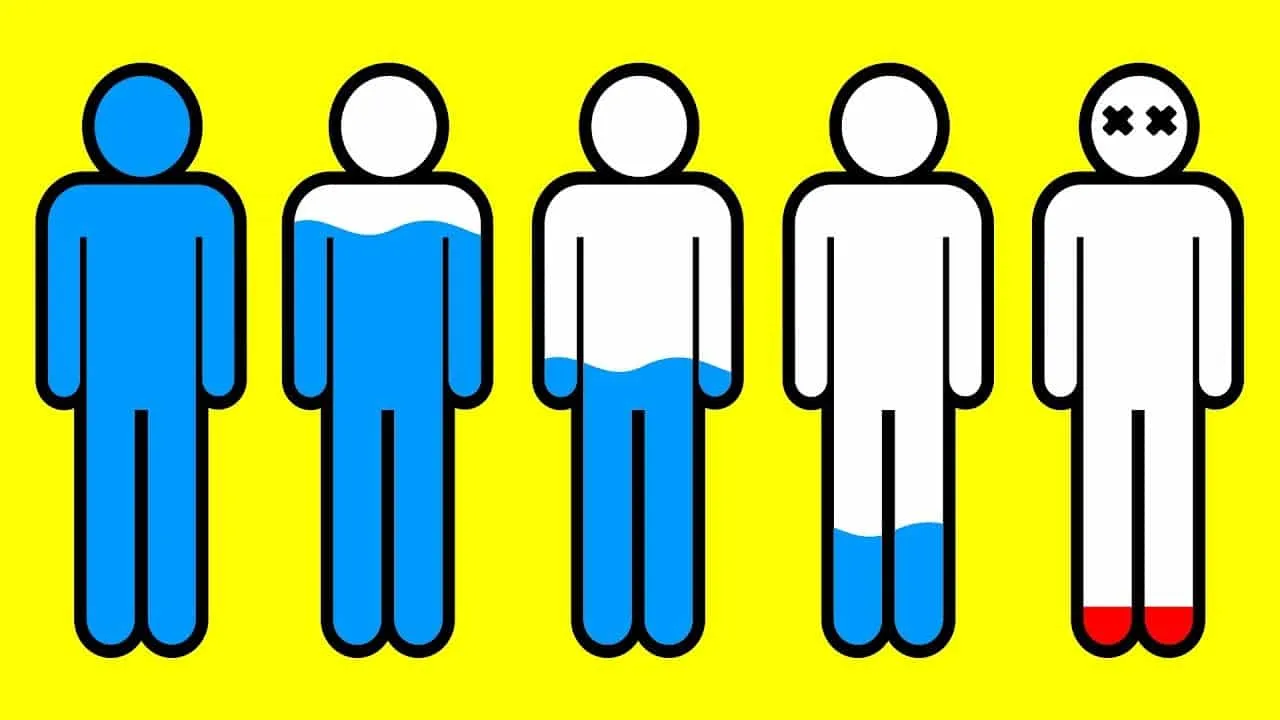
First of all, take a bottle of water, put it next to you and let’s understand what dehydration is. Firstly, water contains mineral salts and electrolytes that are important for the body. When we stop drinking it, we lose these nutrients, causing some organs to malfunction.
There are, in principle, specific levels for the phenomenon of dehydration, namely: isotonic, hypertonic and hypotonic. Depending on the stage, the worsening is greater and has a much greater impact on health, damaging the normal functioning of the body.
To better understand the phases of dehydration, observe the following symptomatic descriptions:
Isotonic
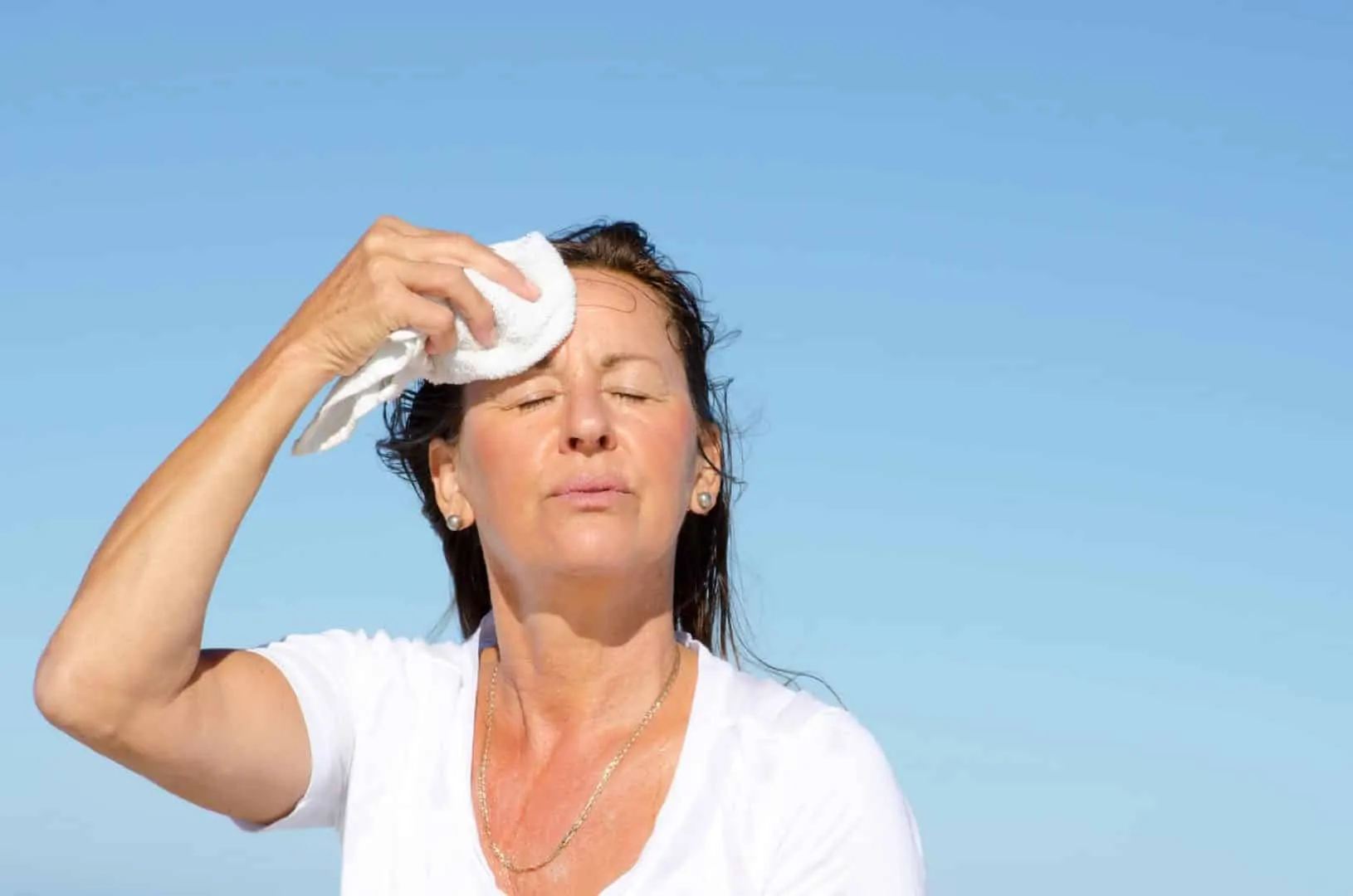
Have you been vomiting, are you nauseated and have diarrhea? This is stage number one of dehydration. These symptoms occur because the loss of mineral salts and water occurs at the same rate.
Another phenomenon that accompanies isotonic dehydration is a decrease in blood volume. Attention moms and dads, as the people most affected are young children.
Hypertonic
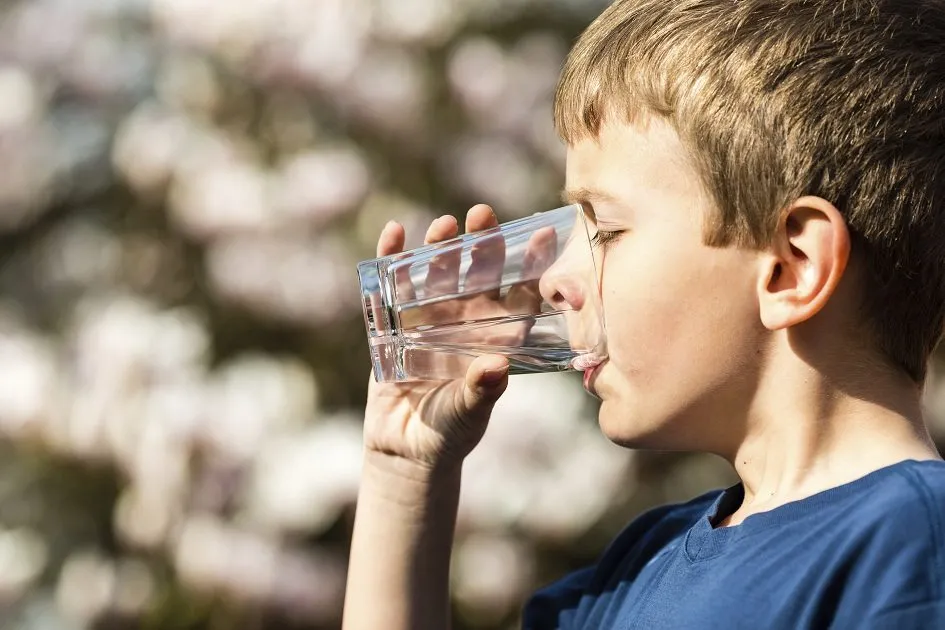
Doctors should certainly make it very clear to diabetics that this is the type of dehydration that affects them most. The hypertonic level is normally associated with some types of diseases and can cause serious damage to health. This stage is characterized by an increase in sodium in the blood.
This type of dehydration occurs more frequently in diabetic people because blood sugar increases diuretic frequency. Now, if you want advice on whether you should go to the doctor immediately, just analyze the symptoms. If signs of dehydration increase, such as vomiting, diarrhea, dry mouth and drowsiness, for example, it is time to see a healthcare professional.
Hypotonic
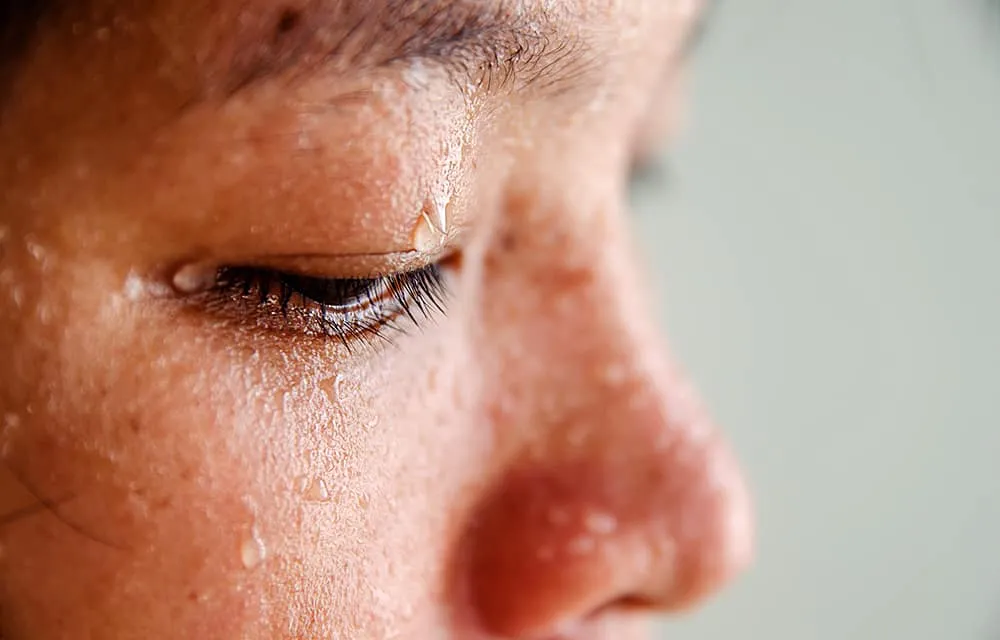
Contrary to what we imagine, this phase is not related to the joining of the two previous stages. What occurs in hypotomic dehydration is the loss of sodium, that is, a decrease in salt in the body. Therefore, if you notice that you are sweating excessively, feel discouraged, have vomiting and diarrhea, see a doctor immediately.
Even though it is at the most worrying stage, there are still restrictions on diagnosing the condition. It can be mild, moderate or severe, the lack of water in the body is not a reason for carelessness and self-medication. It is best to seek medical help to identify whether your case is due to a more worrying illness, with dehydration being a sign of it.
What causes dehydration?
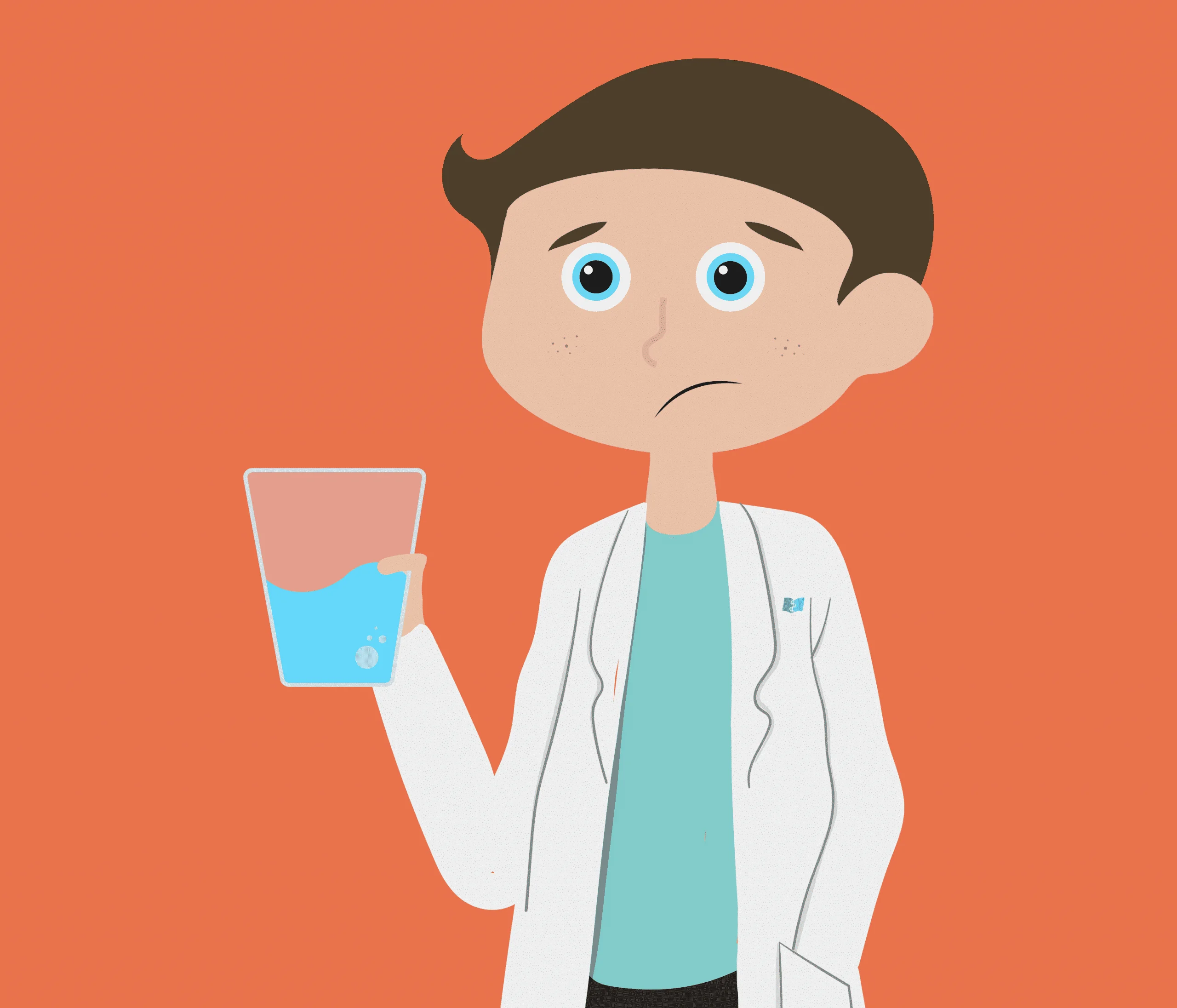
It’s super common to sweat, cry, go to the bathroom and urinate during the day. What is really unusual is not replacing all the lost liquid properly. Sometimes, we even forget to drink water, or even develop a certain reluctance when it comes to drinking water. The fact is that every action has a reaction and it can end up being very unpleasant.
But, still highlighting the causes, there are other ways that can lead to excessive fluid loss. Some diseases such as diabetes, mentioned previously, or even hormonal changes, more common in menopause; These are reasons that can lead to water deficiency in the body. Therefore, it is essential to pay attention to replacing body fluids and always keep water by your side.
Groups of risk
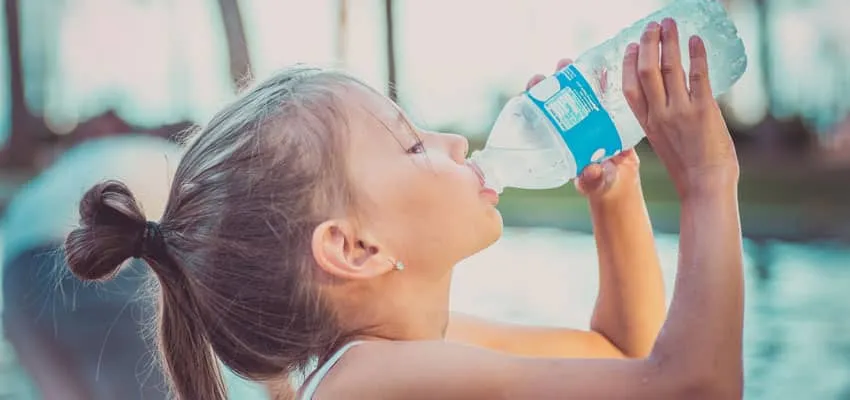
We are all subject to dehydration. But even so, there are still people who are at much greater risk than others. These conditions can vary from organism to organism and are also associated with where they live, or even their lifestyle.
Sportsmen

Athletes are very likely to develop a water deficiency in the body due to the amount of physical exercise. When we move, the body eliminates water to keep heat in balance. Therefore, there must be compensation to the same extent. Sweat generates, above all, dehydration, which can progress through different stages.
Children and elderly

Initially, children are in the risk group because, first, they depend on adults to hydrate them. Second, they are small, that is, they have little body mass. That’s why they need to drink a lot of water. Not drinking liquids can be very offensive to their little bodies, creating very risky health problems.
Another very common case is excessive fluid loss in the elderly. You may have noticed that, as time passes, elderly people’s skin becomes much thinner. This makes them feel much colder, and the cold is super influential on urinary production, meaning they go to the bathroom much more than young people. Consequently, they eliminate more liquid.
Furthermore, with age, there are always some health problems. Along with the medications prescribed by doctors, there are some compositions that are diuretics. Which intensifies trips to the bathroom even more.
Therefore, keep an eye on when caring for the elderly, and remind them to always replenish their body water. To give it a change, just invest in food. Fruits, for example, are sources of nutrients and very rich in liquids.
Symptoms

Now, to be aware of the symptoms of dehydration, we have put together a list of signs so you can be very alert. This applies especially to those who fall into the risk groups above, and for those who have responsibilities with young children. But, don’t forget that we are all capable of going through this type of situation.
- Diarrhea
- Somnolence
- Dry mouth
- Dry skin
- Vomiting
- Headache
- Tiredness
- Weakness
- Increased heart rate
Finally, if you feel some of these symptoms, run to the doctor, as a suitable professional will outline the ideal treatment for your problem, after diagnosis. Furthermore, drink water and avoid these types of disorders.
See more about the effects of water on the body in Thermal water – What it is, origin, function, how to use and care
Sources: Unimed Fortaleza, Drauzio, Minha Vida, Brasil Escola, Info Escola, MSD Manual,
Image sources: Opas, Jaleko, Incrível, Fortaleza Unimed, Lifestyle ao Minuto, Lizanka Marinheiro, Pirilampo, Terra, Sap,

Sign up for our newsletter and stay up to date with exclusive news
that can transform your routine!
Warning: Undefined array key "title" in /home/storelat/public_html/wp-content/plugins/link-whisper-premium/templates/frontend/related-posts.php on line 12
Warning: Undefined array key "title_tag" in /home/storelat/public_html/wp-content/plugins/link-whisper-premium/templates/frontend/related-posts.php on line 13

